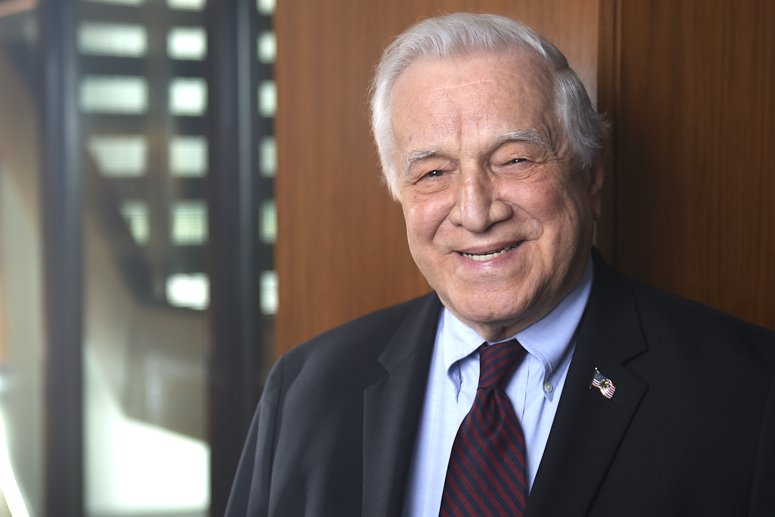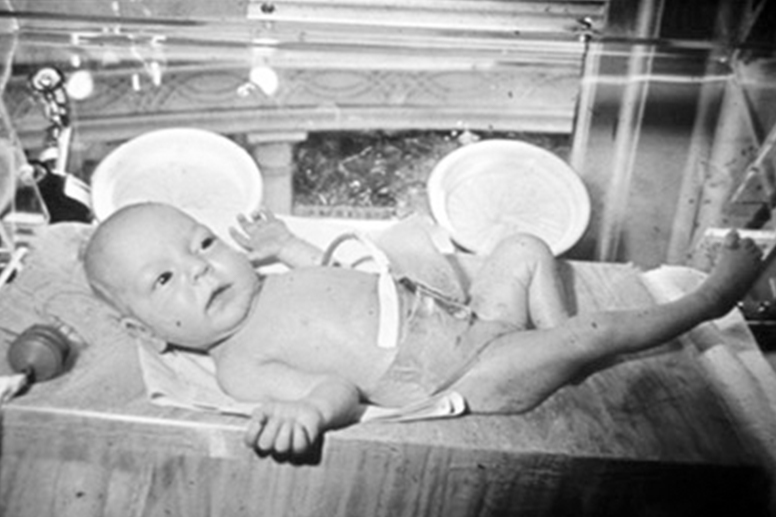
Support groundbreaking curriculum and exceptional pedagogy.
Contribute to The Stanley J. Dudrick, MD, Endowed Chair in Innovative Medical Education.
The Stanley J. Dudrick, MD, Endowed Chair in Innovative Medical Education
Stanley J. Dudrick, MD
April 9, 1935 - Jan. 18, 2020
Born to first-generation Americans in the coal mining town of Nanticoke, PA, Stanley J. Dudrick, MD was taught the merits of honesty, hard work and perseverance. He was an adventurous soul who saw no limitations on his future. His loving parents and instructive aunts and uncles saw him as the family legacy bearer. However, it was the compassion of his mother’s doctors that settled his decision by the age of seven to become “one of them.”
About his undergraduate days at Franklin and Marshall College, Dr. Dudrick says, “They infected me and transformed me into an avid would-be scholar. They imbued me with the understanding that nothing was more precious than to gain knowledge and then pass it on to others.”
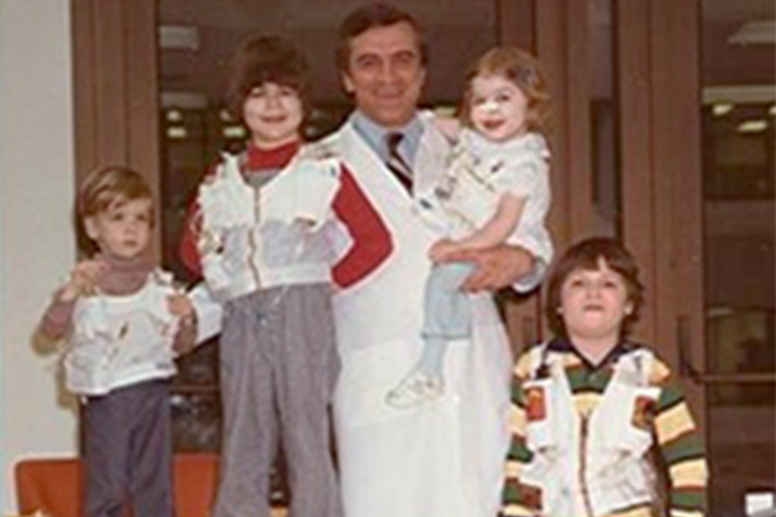
While a research fellow and surgical resident at the University of Pennsylvania School of Medicine focusing on pediatric surgery, Dr. Dudrick’s zeal for knowledge became unrelenting dedication as he investigated and developed novel approaches to intravenous nourishment. Dr. Dudrick continues to feel the urgency that there is still much to be accomplished. He is awed by the unexplored horizons and says, “I can only envy today’s bright young medical students for the transformation they will see in healthcare, and especially in surgery, in the next 50 years. The possibilities are almost beyond my imagination.”
It is this same sense of wonder and innovation that enabled Dr. Dudrick to persevere in his TPN discoveries that Geisinger Commonwealth strives to instill in our students through fresh teaching methods and innovative curriculum. Attracting a renowned scholar-teacher to the endowed chair will further enhance Geisinger Commonwealth’s quality of instruction and academic reputation.
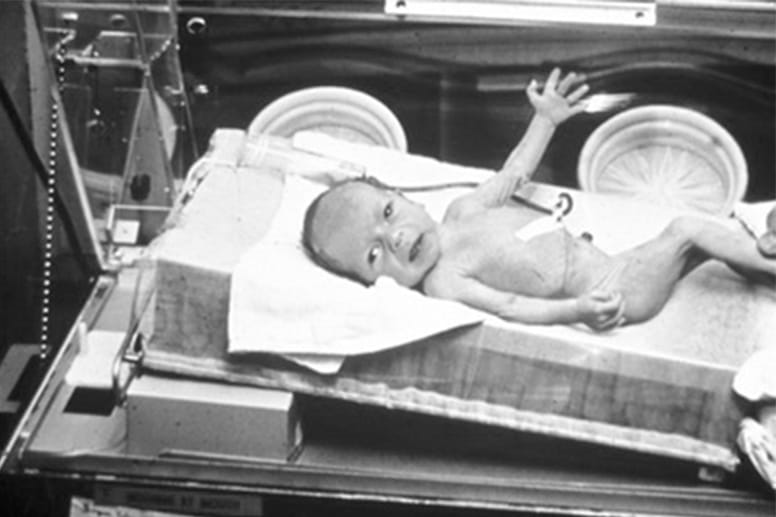
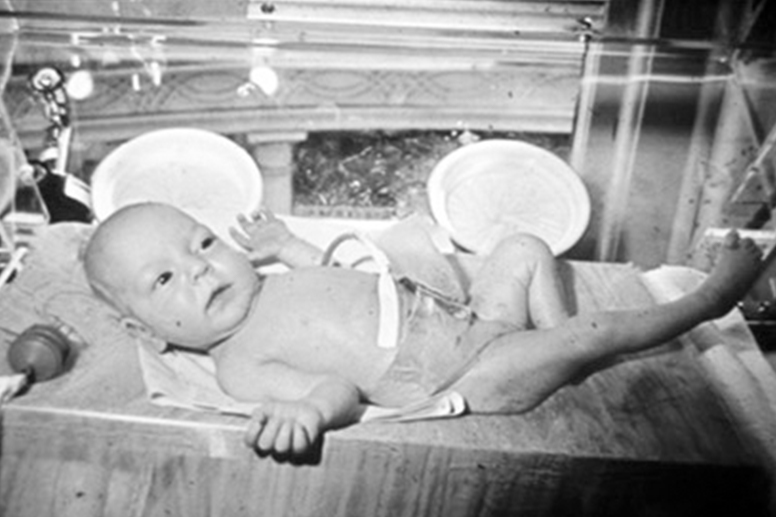
The number of lives of children that have been saved is estimated at over 10 million, and the benefit to adults with a range of conditions is no less substantial.

